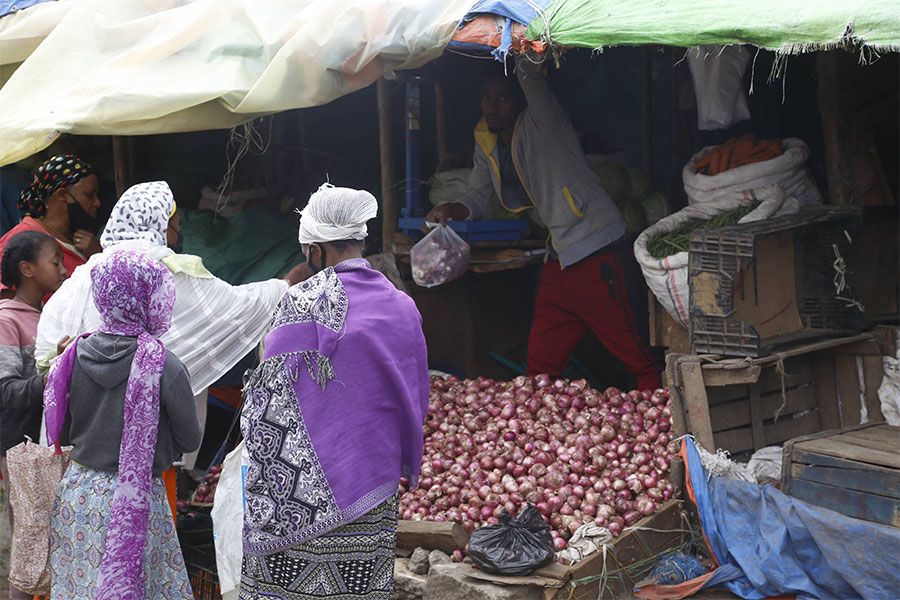
Agenda | Sep 26,2021
Bogged down by political instability, logistical constraints, and disputes with regions, officials at the National Electoral Board of Ethiopia (NEBE) held their breath as voters` registration seemed to fall to historic lows for the general elections scheduled for early next month.
Birtukan Mideksa, chairperson of the Board, and her electoral officials are breathing a little easier last week, with over 80pc of the 50,000 electoral offices opened and around 4,000 more soon to be operationalised in areas with reports of violent conflicts, according to the Board. Poll workers have registered 31.7 million eligible voters, following increased awareness campaigns after the registration deadline was extended twice. It is now slated for the end of next week.
The extension applies across the country except for war-torn Tigray Regional State, where elections are not scheduled. With extended week-long registration in most parts of the country, owing to factors such as public holidays, the Board hopes to rival the 36.8 million voters registered during the 2015 national elections.
But the Board does not feel it is out of the woods yet, with its head suggesting in a press conference yesterday that the possibility of postponing the polling date cannot be ruled out. Though no details were offered on it, it is a portentous statement reminiscent of last year's postponement and the constitutional crisis that followed.
While voters` registrations have improved, campaigning has largely been humdrum. The ruling Prosperity Party (PP) dominates, and to an extent in urban areas, the Ethiopian Citizens for Social Justice (EZEMA). Many of the 46 contesting parties claim that spates of violence, inability to field enough candidates, alleged harassment and an unequal footing with the ruling party has disabled their campaign efforts. Two of the most anticipated political oppositions, the Oromo Federalist Congress (OFC) and the Oromo Liberation Front (OLF), have boycotted the elections, blaming arrests of their leaders and supporters as well as closures of their offices.
It was such perceived shortcomings that led the European Union (EU) not to send its observers. It also sat the last one in 2015 out, which only had the African Union (AU) as an international observer. "It is disappointing that the EU has not received the assurances necessary to extend to the Ethiopian people one of its most visible signs of support for their quest for democracy," said Josep Borrell, high representative for the EU, which had granted 20 million euros to the NEBE.
The government hopes that the EU will change its mind and wants to discuss issues such as the use of communication devices by the team of observers, despite its initial reactions that the EU was “neither essential nor necessary to certify the credibility of an election.”
You can read the full story here
PUBLISHED ON
May 08,2021 [ VOL
22 , NO
1097]

Fortune News | Dec 19,2021
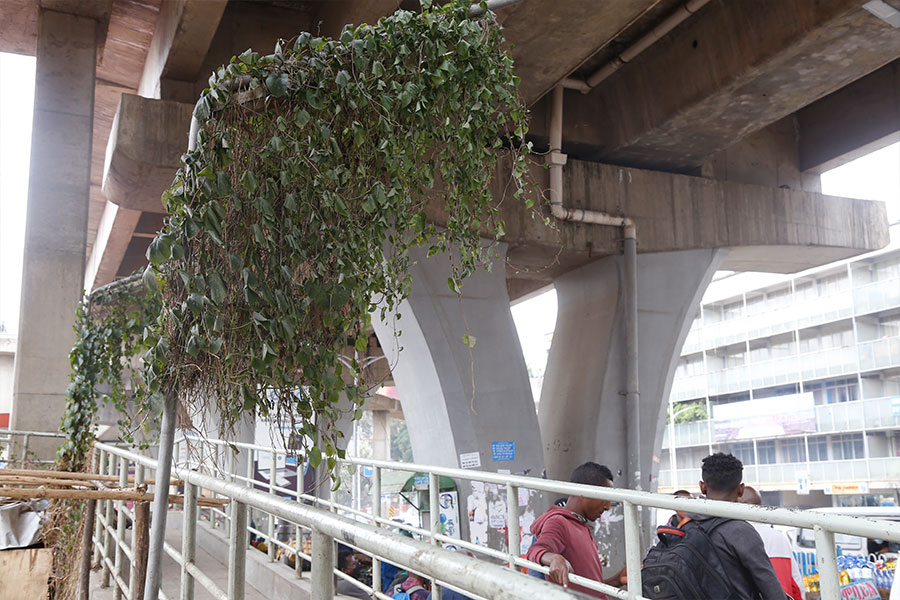
Radar | Jul 11,2021
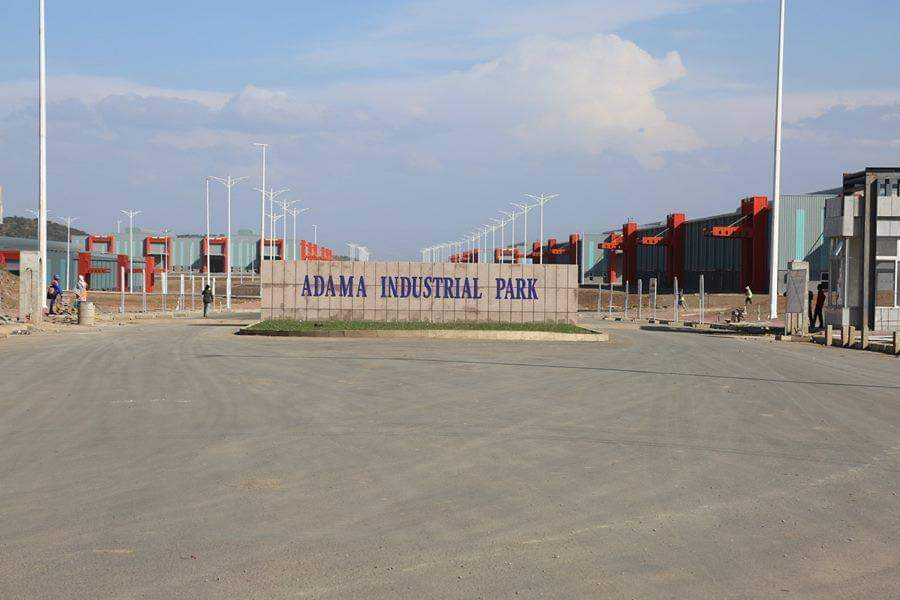
Fortune News | May 21,2022
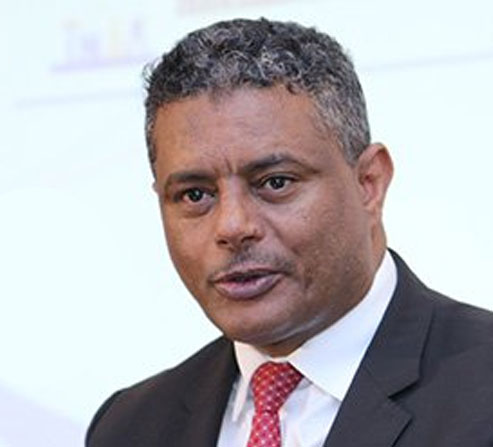
Radar | Apr 03,2021
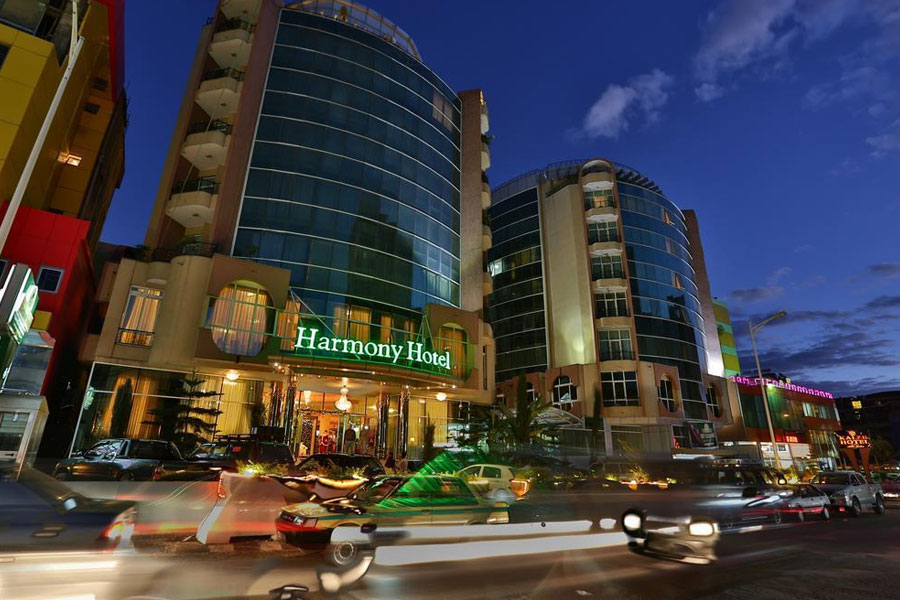
Fortune News | Jul 11,2021

Dec 22 , 2024 . By TIZITA SHEWAFERAW
Charged with transforming colossal state-owned enterprises into modern and competitiv...

Aug 18 , 2024 . By AKSAH ITALO
Although predictable Yonas Zerihun's job in the ride-hailing service is not immune to...

Jul 28 , 2024 . By TIZITA SHEWAFERAW
Unhabitual, perhaps too many, Samuel Gebreyohannes, 38, used to occasionally enjoy a couple of beers at breakfast. However, he recently swit...

Jul 13 , 2024 . By AKSAH ITALO
Investors who rely on tractors, trucks, and field vehicles for commuting, transporting commodities, and f...

Oct 18 , 2025
The political establishment, notably the ruling party and its top brass, has become p...

Oct 11 , 2025
Ladislas Farago, a roving Associated Press (AP) correspondent, arrived in Ethiopia in...

Oct 4 , 2025
Eyob Tekalegn (PhD) had been in the Governor's chair for only weeks when, on Septembe...

Sep 27 , 2025
Four years into an experiment with “shock therapy” in education, the national moo...